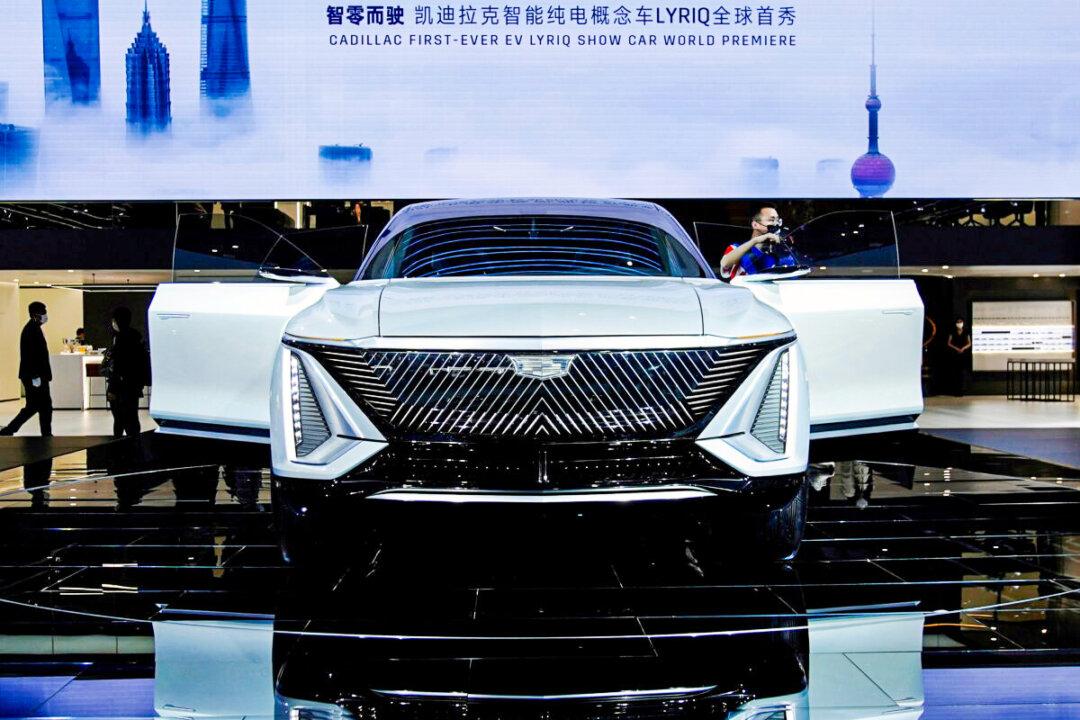General Motors has announced two separate deals on Thursday under which the company will develop a domestic supply chain based in the United States for sourcing rare earth magnets, alloys, and materials for its Ultium platform electric vehicles.
Indicating a move away from dependence on China, the world’s largest electric vehicle (EV) market, General Motors will be partnering with MP Materials and Vacuumschmelze (VAC) to supply the critical components that will enable the automaker to fulfill its milestone of selling more than 1 million EVs globally by 2025.





